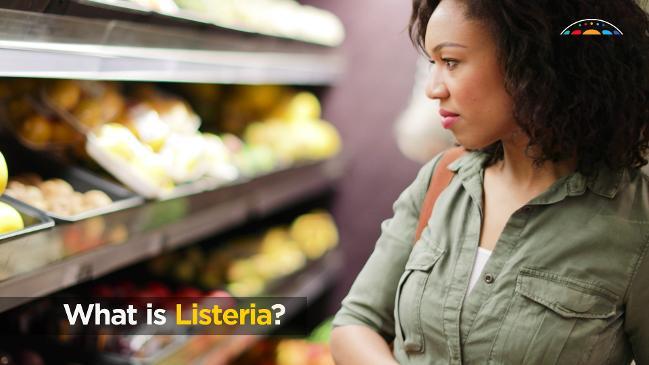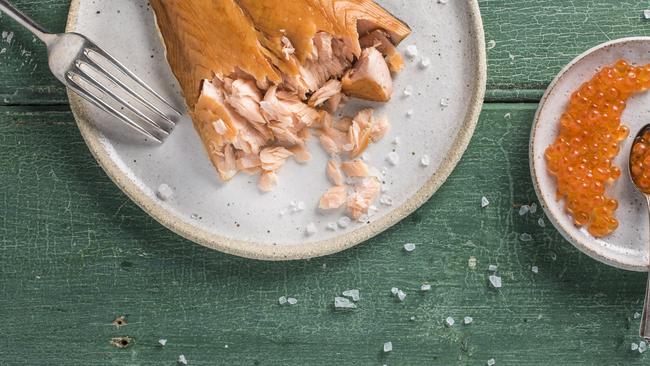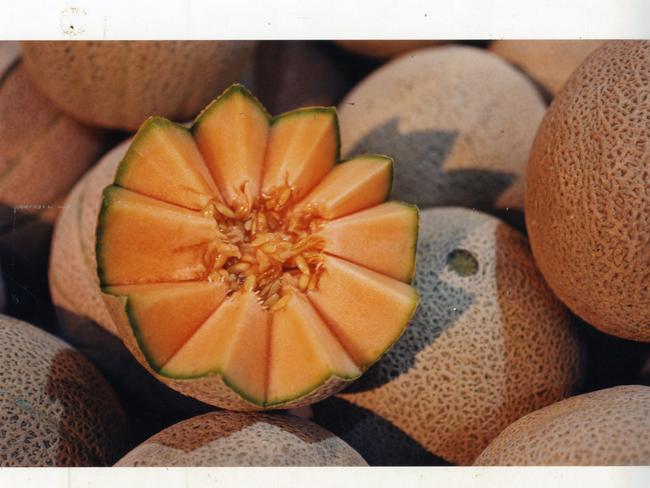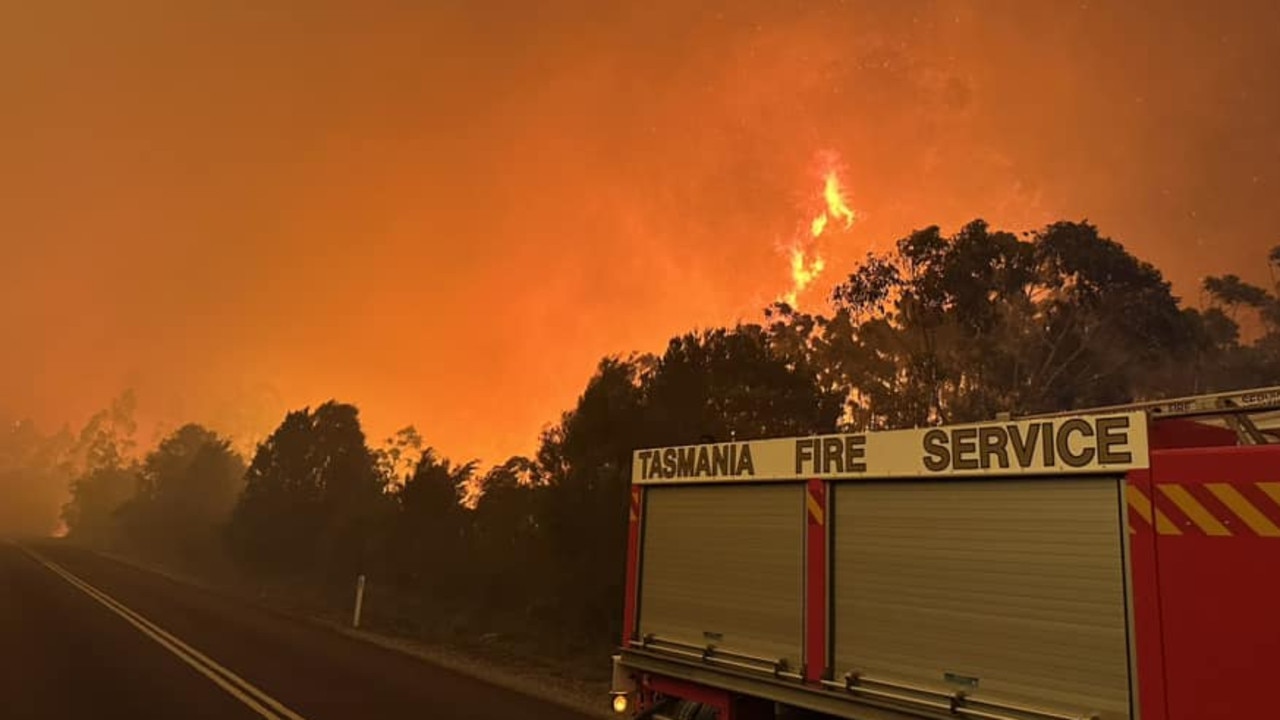Tassie smoked salmon: Who is at risk from listeria
Certain people should steer away from some foods to reduce their risk of avoiding exposure to listeria.

Tasmania
Don't miss out on the headlines from Tasmania. Followed categories will be added to My News.
In the wake of Tasmanian salmon beinglinked to the deaths of two people interstate, Tasmania’s director of Public Health Mark Veitch has released guidelines on which foods vulnerable groups should steer clear of to reduce their risk of a Listeria infection.
TASSIE SALMON LINKED TO LISTERIA DEATHS
THOSE AT INCREASED RISK FROM LISTERIA INCLUDE:
Pregnant women and their unborn babies.
Newborn babies.
The elderly.
People of all ages with immune systems weakened by illness (such as cancer), treatment (such as transplants), or medication.

IF AT RISK, TRY TO AVOID FOODS THAT HAVE A HIGHER RISK OF LISTERIA CONTAMINATION SUCH AS:
Chilled seafood such as raw oysters, sashimi and sushi, smoked ready-to-eat seafood and cooked ready-to-eat prawns.
Cold meats from delicatessen counters and sandwich bars, and packaged, sliced ready-to-eat meats.
Cold cooked ready-to-eat chicken (whole, portions, or diced).

Rockmelon.
Pre-prepared or pre-packaged fruit or vegetable salads, including those from buffets and salad bars.
Soft, semi-soft and surface-ripened cheeses such as brie, camembert, ricotta, blue and feta.
Refrigerated paté or meat spreads.
Soft serve ice cream.
Unpasteurised dairy products.

FURTHER REDUCE YOUR RISK BY:
Avoiding food that is past its best before or use by date.
Refrigerating leftovers promptly and using them within 24 hours, or freezing them.
Cooking food thoroughly.
Reheating food until it is steaming hot.


